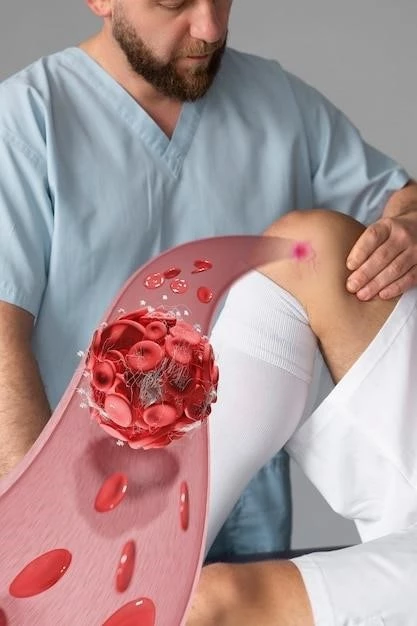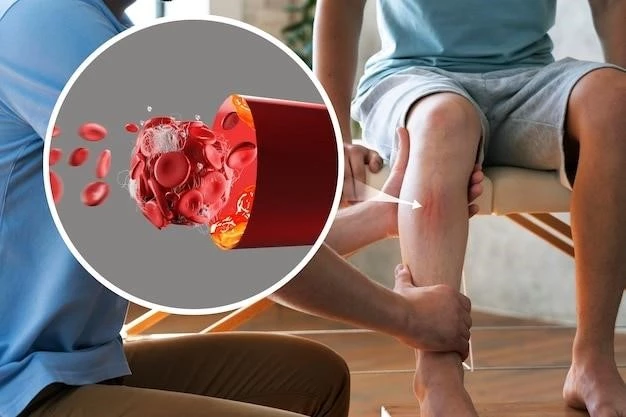Anguillulosis Overview
Anguillulosis‚ a parasitic infection‚ is caused by soil-dwelling nematodes. It presents symptoms such as abdominal pain and diarrhea.
Causes of Anguillulosis
Anguillulosis‚ caused by nematodes of the Anguillula species‚ is typically transmitted through ingestion of contaminated water or food. These tiny nematodes infect the intestinal tract‚ leading to symptoms including abdominal pain‚ nausea‚ and diarrhea.
The lifecycle of Anguillula involves eggs being excreted in feces and then developing into infective larvae. Poor sanitation and hygiene practices contribute to the spread of Anguillula nematodes in environments where human waste is not properly disposed of or treated.
Symptoms of Anguillulosis
Individuals infected with Anguillula may experience a range of symptoms‚ including abdominal pain‚ cramping‚ bloating‚ and diarrhea. In severe cases‚ weight loss‚ fatigue‚ and malnutrition can occur due to nutrient absorption issues caused by the parasitic infection.
Other symptoms may include nausea‚ vomiting‚ and dehydration. It’s essential for healthcare providers to consider Anguillulosis in patients presenting with gastrointestinal distress‚ especially in regions where the parasite is prevalent. Prompt diagnosis and treatment are crucial to prevent complications and improve patient outcomes.
Diagnosis and Management of Anguillulosis
Diagnosis of Anguillulosis involves stool sample analysis for identifying nematode eggs. Treatment includes antiparasitic medications and supportive care.
Diagnosis of Anguillulosis
Diagnosing Anguillulosis typically involves analyzing stool samples to detect the presence of Anguillula nematode eggs under a microscope. In some cases‚ endoscopy or imaging studies may be utilized to identify complications or assess the extent of gastrointestinal involvement.
Healthcare providers must consider the patient’s symptoms‚ travel history‚ and exposure to potentially contaminated environments when diagnosing Anguillulosis. Prompt and accurate diagnosis is crucial for initiating appropriate treatment and preventing further complications associated with the parasitic infection.
Treatment of Anguillulosis
Treatment of Anguillulosis typically involves antiparasitic medications to eliminate the nematodes from the gastrointestinal tract. Medications such as albendazole and mebendazole are commonly prescribed to eradicate the parasitic infection.
In addition to antiparasitic drugs‚ supportive care may be necessary to manage symptoms such as diarrhea‚ dehydration‚ and malnutrition. Patients may require fluids‚ electrolyte replacement‚ and nutritional support to aid in their recovery from Anguillulosis.
Follow-up appointments with healthcare providers are essential to monitor treatment effectiveness‚ address any lingering symptoms‚ and ensure complete resolution of the parasitic infection. Adherence to the prescribed treatment regimen is crucial to prevent recurrence and complications associated with Anguillulosis.

Prevention Strategies for Anguillulosis
Preventing Anguillulosis involves implementing proper sanitation practices‚ including safe disposal of human waste to prevent contamination of soil and water sources. Individuals should avoid consuming contaminated food or water from potentially unsafe environments.
Ensuring access to clean drinking water‚ promoting hand hygiene‚ and educating communities on the risks of Anguillulosis are crucial preventive measures. Public health interventions such as water treatment‚ improved sanitation infrastructure‚ and health education programs can help reduce the transmission of Anguillula nematodes and prevent the spread of the parasitic infection.
Anguillulosis in Children
Anguillulosis can affect children‚ causing symptoms such as abdominal pain‚ diarrhea‚ and malnutrition. Due to their developing immune systems‚ children may be more vulnerable to complications from parasitic infections like Anguillulosis.
Preventive strategies in children include promoting good hygiene practices‚ safe water and food consumption‚ and regular deworming treatments where appropriate. Early detection and prompt treatment are crucial in managing Anguillulosis infections in children to prevent long-term health effects.
Anguillulosis Outbreaks
Anguillulosis outbreaks can occur in regions with poor sanitation and hygiene practices‚ leading to widespread transmission of the parasite. Factors such as contaminated water sources‚ inadequate waste disposal‚ and overcrowded living conditions can contribute to the spread of Anguillula nematodes.
Rapid response measures during outbreaks include implementing public health campaigns to educate the population on preventive measures‚ conducting thorough environmental assessments to identify sources of contamination‚ and providing timely treatment to individuals affected by Anguillulosis. Collaboration between healthcare providers‚ public health authorities‚ and communities is essential in containing Anguillulosis outbreaks and preventing further transmission of the parasitic infection.
Latest Research Updates on Anguillulosis
Ongoing studies focus on improving diagnosis methods‚ treatment efficacy‚ and strategies to prevent Anguillulosis transmission.
Ongoing Studies and Findings
Current research on Anguillulosis includes investigations into new antiparasitic drugs‚ diagnostic tools‚ and potential vaccines. Studies aim to enhance treatment outcomes‚ reduce transmission rates‚ and develop more effective prevention strategies for Anguillulosis.
Researchers are also exploring the genetic diversity of Anguillula species and their interactions with the host immune system to better understand the pathogenesis of the infection. Findings from ongoing studies contribute to the advancement of knowledge on Anguillulosis and may lead to innovative approaches in managing and controlling this parasitic disease.
Promising Treatments and Vaccines
Research on Anguillulosis has shown promising results in the development of novel antiparasitic medications and potential vaccines. These innovative treatments aim to target different stages of the parasite’s lifecycle‚ enhancing their efficacy in eradicating Anguillula nematodes.
Furthermore‚ ongoing studies focus on vaccine candidates that can stimulate the immune system to provide protection against Anguillulosis infection. By targeting specific antigens or mechanisms of host-parasite interaction‚ these vaccines hold promise in preventing Anguillulosis transmission and reducing the burden of the disease on affected populations.
Anguillulosis compared to Other Parasitic Infections
Anguillulosis‚ a soil-transmitted parasitic infection‚ presents distinct differences from other parasitic infections. Unlike some parasites that primarily affect the liver or blood‚ Anguillula nematodes target the gastrointestinal tract.
Compared to protozoan parasites‚ Anguillulosis caused by nematodes has unique characteristics in terms of transmission‚ symptoms‚ and treatment. Understanding these differences is essential in developing targeted interventions and effective control strategies for Anguillulosis compared to other parasitic infections.
